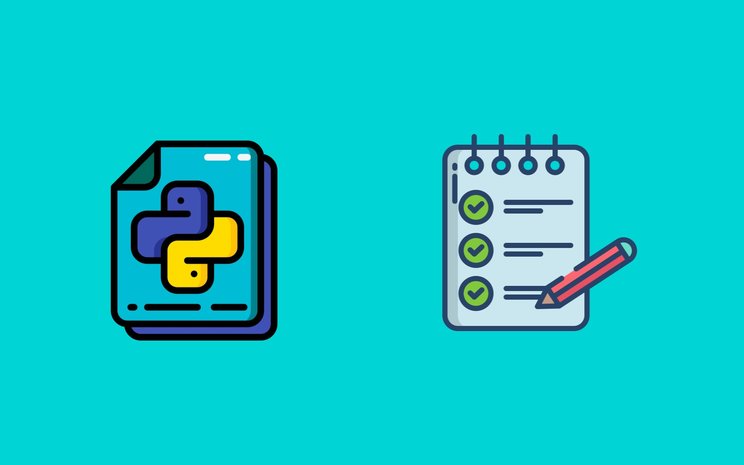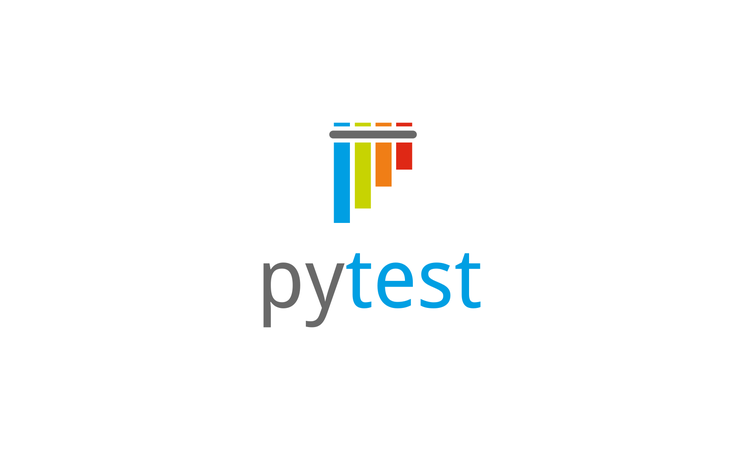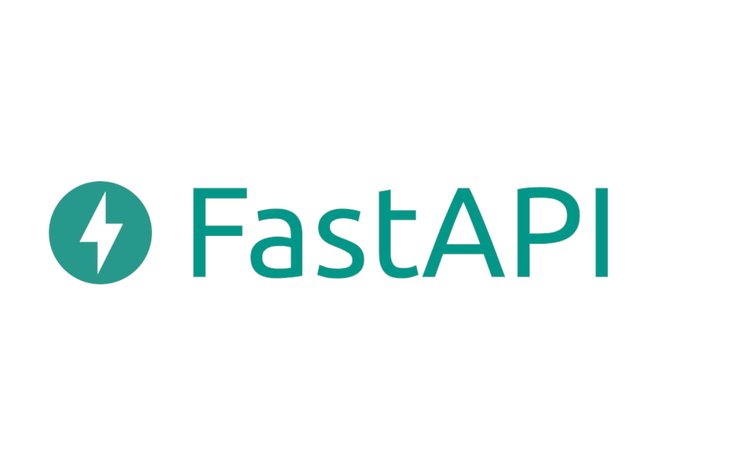
Entry Level Python: Building your first application
In this three hour session, you’ll be introduced to the incredibly popular, general purpose programming language Python by creating a simple real world application.
By writing and maintaining a comprehensive suite of unit tests, engineers can catch bugs early in the development process, reducing the cost and time required for fixes.

Unit testing is a fundamental practice in software development that offers numerous benefits to both individual developers and development teams. By writing and maintaining a comprehensive suite of unit tests, engineers can catch bugs early in the development process, reducing the cost and time required for fixes. These tests serve as a safety net, allowing developers to refactor code with confidence, knowing that unintended side effects will be caught quickly.
Unit tests also act as living documentation, clearly demonstrating how code is intended to function. This improves code maintainability and makes it easier for new team members to understand existing systems. Furthermore, the process of writing unit tests often leads to better code design, as it encourages developers to create more modular, loosely coupled components.
Ultimately, unit testing contributes to higher code quality, increased developer productivity, and more reliable software products.
Software engineer and founder of GGDX from Bishops Stortford, Hertfordshire, with over 25 years experience developing robust, tailored enterprise solutions in a wide variety of industries, including one of the UK’s largest broadcast transmission and infrastructure companies, a one of the UK’s biggest broadband providers, major sporting events, international tourism and identification services.
Having spent many years mentoring and training the next generation of developers from all walks of life, Daniel takes this responsibility and your future seriously. You’re in safe, experienced hands.


In this three hour session, you’ll be introduced to the incredibly popular, general purpose programming language Python by creating a simple real world application.

WordPress powers over 40% of websites. Its user-friendly interface allows easy content management without coding, making it perfect for beginners and small businesses to create professional sites effortlessly. Learn how to build your own with ease.

This course offers an in-depth, 360-degree overview of FastAPI, ensuring you master this powerful tool and leverage its full potential in your projects.